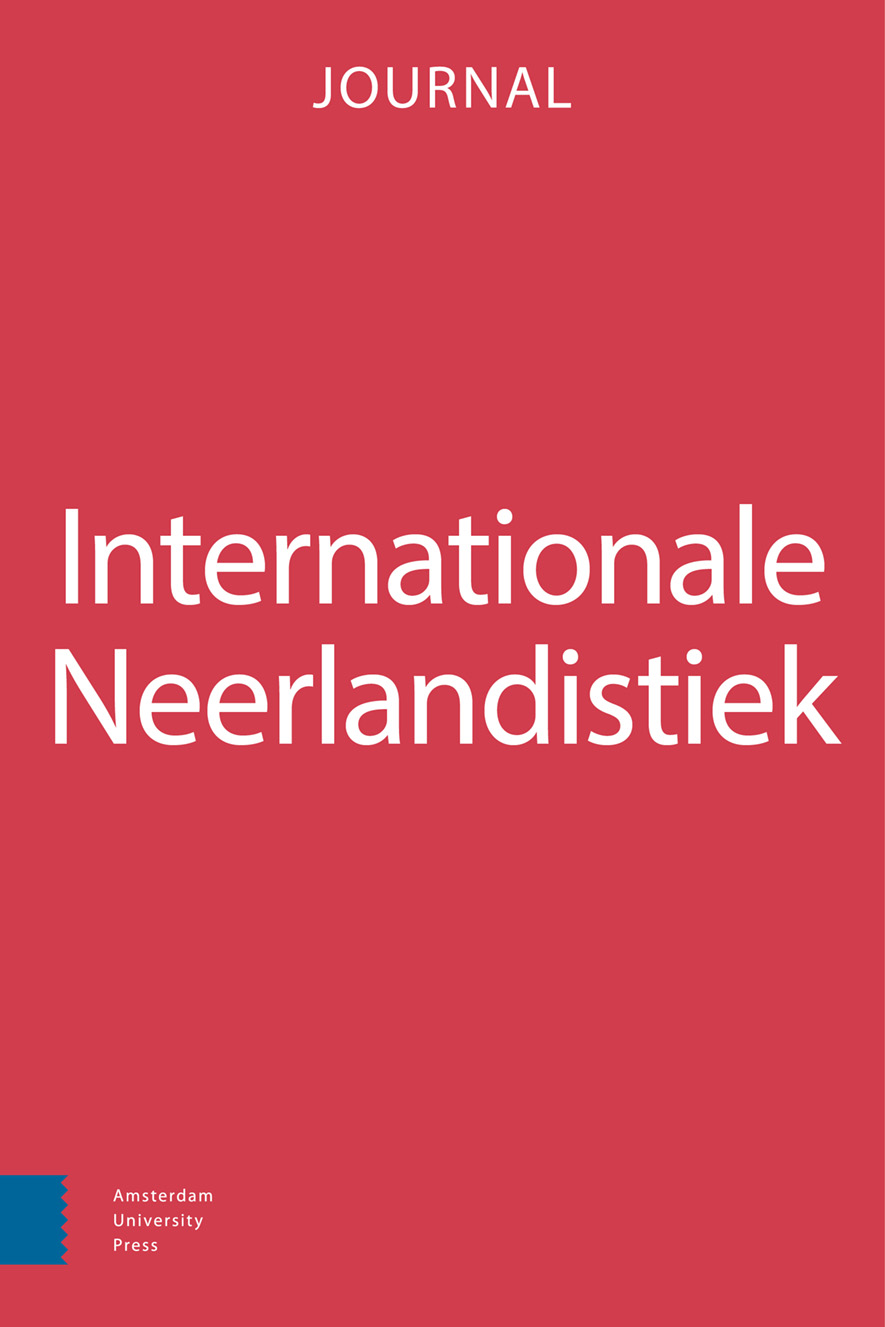-
OALiteratuur en de normatieve aspecten van wetenschappelijke kennis
Aan de hand van het fasetheoretisch denken van Elisabeth Kübler-Ross
- Amsterdam University Press
- Source: Internationale Neerlandistiek, Volume 57, Issue 2, jul. 2019, p. 127 - 143
-
- 01 jul. 2019
Samenvatting
This article is about the relation of three literary texts to psychological stage theories. The texts under discussion are a novel by Dutch novelist Maarten ’t Hart (De aansprekers, 1979) and stories by Flemish writer Kristien Hemmerechts (‘Fasen’, 1996) and German author Daniel Kehlmann (‘Rosalie geht sterben’, 2009). This article especially focusses on the stage theory of dying, as formulated by the Swiss-American psychiatrist Elisabeth Kübler-Ross. For each of the three texts it is argued whether there is an intertextual relation to Kübler-Ross’s work or an interdiscursive relation to stage theories in general. It is thus demonstrated how these literary texts contribute to the dissemination of knowledge about stage theories, attesting to their popularity while at the same time critically evaluating them. By means of this demonstration, it is explained how literature is able to reflect upon the interaction between knowledge and normative views.


